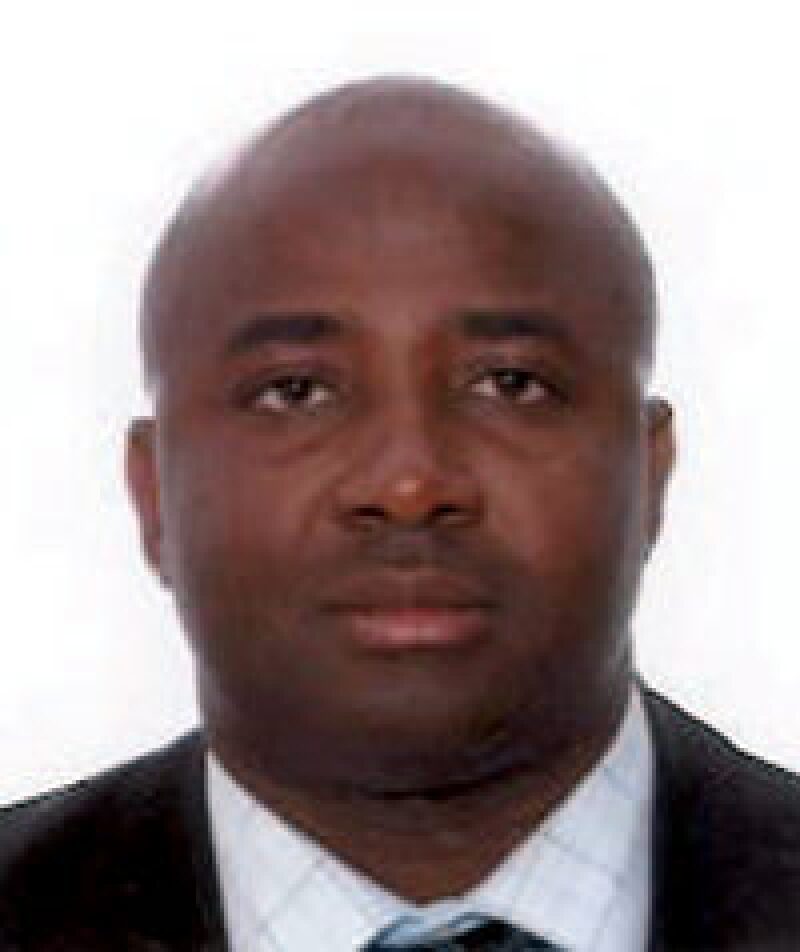Though I am now with Total, I still consider my time as a young professional (YP) working for Schlumberger as very pivotal in my professional life. During this period, I quickly appreciated the importance of hard work and the strong emphasis on being technically competent in my professional discipline. I also learned ethical behavior and the importance of cultivating strong professional integrity and respect in the workplace. I was exposed to all aspects of the business, from being responsible for performing technical jobs to sales and marketing and to keeping track of monthly revenue. As a young service-company professional, you become involved with all of this—always focusing on ensuring that the client is satisfied with the service you deliver. With all of these responsibilities, you learn pretty quickly the business skills required in the oil field.
Most companies today are increasingly recruiting new employees with very good soft skills, such as the ability to solve problems, communicate effectively, relate on an interpersonal basis, and take and show initiative. E&P companies also regularly provide additional training to improve employees’ soft skills and prepare people for taking management positions in their respective organizations. It is widely accepted that an organization with a culture of consistently communicating respect and encouraging individual participation in the betterment of the organization will benefit from reduced internal conflicts and the speedier, more effective completion of tasks. YPs should constantly strive to improve their soft skills because this is fundamental for working in both field and office environments.
The fundamental business and soft skills that I acquired during my time as a wireline engineer I have subsequently carried with me. I remember an incident when I went offshore for the first time as a wellsite geologist with Elf. I had a problem with a software application on the rig, which I felt I could easily fix, but I was surprised to learn that I was not allowed to fix the problem myself; I had to get an IT person to come to the rig and do it. I had to adapt quickly to a different type of work culture.
It is very important to begin to develop your professional network quite early, both internally and externally, as this increases your visibility and will ultimately enhance your professional career. I have, in the course of my career, met many former colleagues and other professional contacts with whom I have previously worked and interacted in different countries. It is always easier to do business with somebody whom you have met in the past. It pays to become a member of and participate actively in SPE and other professional organizations. The oil industry is a wide yet small community, so you never know where and when you might meet somebody you know.
I have always accepted any opportunity to work internationally, and I believe that this has been very rewarding for me personally, professionally, and socially. It gives you the opportunity to learn about other cultures and, when possible, learn other languages. Accepting an international posting early in your career also exposes you to other geographical regions and technical challenges that you might not have experienced if you remained where you were in the same job. It is always good to accept this challenge when you are young, because if you have a family later on, these decisions become more difficult. It is a great thing to be in an industry where you can change jobs regularly and work in different regions of the world—even with the challenges and difficulties associated with many of the world’s important E&P locales.
I personally think that you can have a very rewarding, fulfilling career, if you are adaptable and flexible as a YP in the oil industry today. And I sincerely believe that the best way to achieve that is to begin consciously, at very early stage, to strive and improve your soft skills. This will be very rewarding in your professional life in the years to come.


